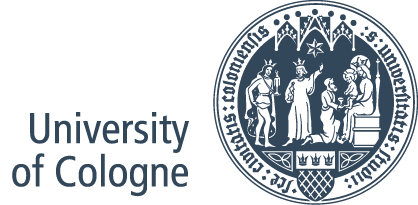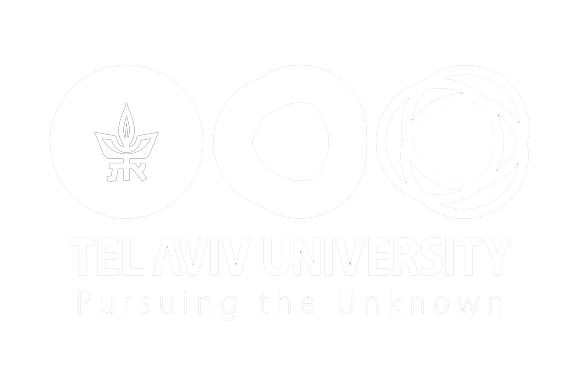en
Persons
Michael Zürn
Publications (selection)
2021
Zürn, M., Gerten, J. & Topolinski, S. 2021.
"Maybe Favors: How to Get More Good Deeds Done." Journal of Experimental Psychology: Applied, 27(3), 503–507.2019
Godinho, S., Garrido, M. V., Zürn, M., & Topolinski, S. 2019.
"Oral kinematics: examining the role of edibility and valence in the in-out effect." Cognition and Emotion, 33, 1094-1098.2017
Zürn, M. & Strack, F. 2017.
"When More Is Better – Consumption Priming Decreases Responders’ Rejections in the Ultimatum Game.” Frontiers in Psychology, 8, 2226.Zürn, M. & Topolinski, S. 2017.
"When trust comes easy: Articulatory fluency increases transfers in the trust game.” Journal of Economic Psychology, 61, 74-86.2015
Topolinski, S., Zürn, M. & Schneider, I. K. 2015.
"What’s In and What’s Out In Branding? A Novel Articulation Effect for Brand Names." Frontiers in Psychology, 6, 585.Press releases
C-SEB members Dr. Michael Zürn, Dr. Judith Gerten and Prof. Dr. Sascha Topolinski have experimentally investigated what influences the willingness …
In the media
Psychology Today, 25.06.2021 | Michael Zürn, Judith Gerten & Sascha Topolinski
“If someone asked you for some help, would you provide it? In all probability, your answer would depend on a variety of factors […] a team of scientists at the University of Cologne examined an additional way to promote kind acts toward strangers, in this case, giving to charity. They call it the “maybe favor.” […] They found that people were more apt to agree to make a charitable donation when they knew that the donation might not actually go through. […] That being said, when it’s in proper, well-intentioned hands, the researchers are right in concluding that this approach also holds the potential to foster public-spirited acts of service that help others.”Link to article: https://www.psychologytoday.com/sg/blog/your-future-self/202106/new-way-bolster-acts-kindness
ntv, 25.04.2017 | o. A.
“‘Name ist Schall und Rauch’, lässt Goethe seinen Faust in der gleichnamigen Tragödie sagen. Dass dem gar nicht so ist und ein einfach auszusprechender Name sogar einen Vertrauensvorschuss beim Gegenüber bewirken kann, können Forscher nun belegen. […] Ein leicht auszusprechender Name vermittelt ein ‘gutes Gefühl’ und könne das Vertrauen in riskanten Situationen abrupt befördern, so das Team um Michael Zürn und Sascha Topolinski vom Social Cognition Center Cologne.”Link to article: https://www.n-tv.de/wissen/Einfacher-Name-weckt-mehr-Vertrauen-article19807979.html
Business Insider, 25.04.2017 | Nathalie Gaulhiac
“Vertrauen ist eine der wichtigsten Voraussetzungen, um eine Beziehung aufzubauen. […] Aber wie bringt man Menschen dazu, einem zu vertrauen? Neben psychologischen Tricks gibt es einen entscheidenden Faktor, der von Geburt an darüber bestimmt, ob Menschen eher dazu geneigt sind, euch zu vertrauen: Euer Name. […] »Im Experiment konnten wir sehen, dass leicht auszusprechende Namen mental sozusagen ‚flüssiger‘ verarbeitet werden. Das dadurch entstehende reibungslos ‚gute Gefühl‘ fördert das Vertrauen in unser Gegenüber, ohne dass wir uns dessen unmittelbar bewusst sind«, so der Sozialpsychologe Michael Zürn.”Link to article: https://www.businessinsider.de/mit-diesem-namen-wirkt-ihr-besonders-vertrauenswuerdig-2017-4
Welt, 24.04.2017 | o. A.
“Eltern können mit der Namenswahl die Zukunft ihres Kindes entscheidend beeinflussen. Forscher haben nun entdeckt, welche Voraussetzung ein Name erfüllen muss, um besonders vertrauenswürdig zu wirken. Leicht auszusprechende Namen vermitteln Forschern zufolge ein ‘gutes Gefühl’ und wirken in riskanten Situationen vertrauensfördernd. Zu diesem Ergebnis kamen die Kölner Sozialpsychologen Michael Zürn und Sascha Topolinski bei einem ökonomischen Spielexperiment […].”Link to article: https://www.welt.de/wissenschaft/article163961423/Diese-Vornamen-bekommen-einen-Vertrauensbonus.html



